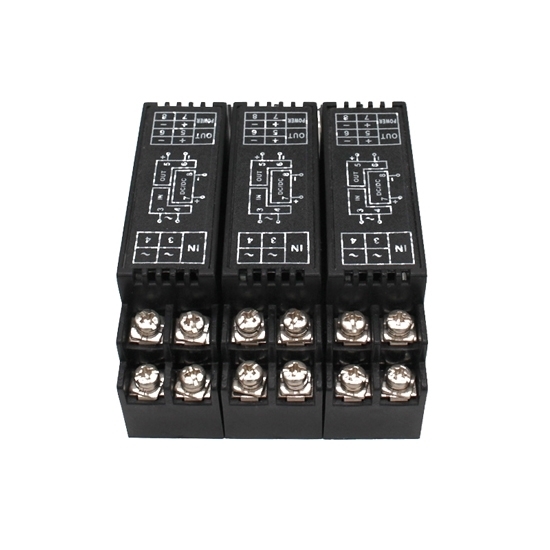
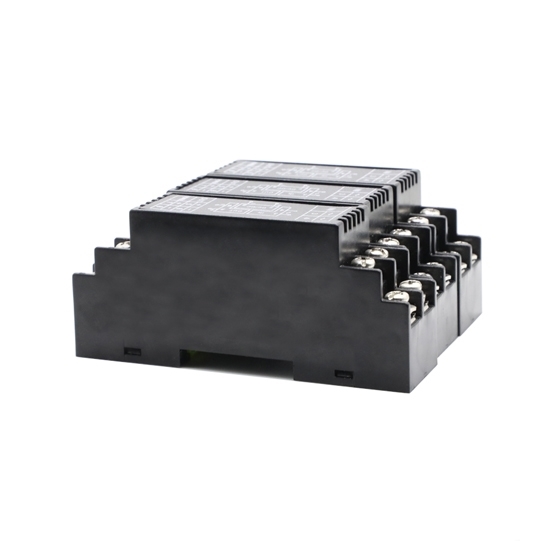
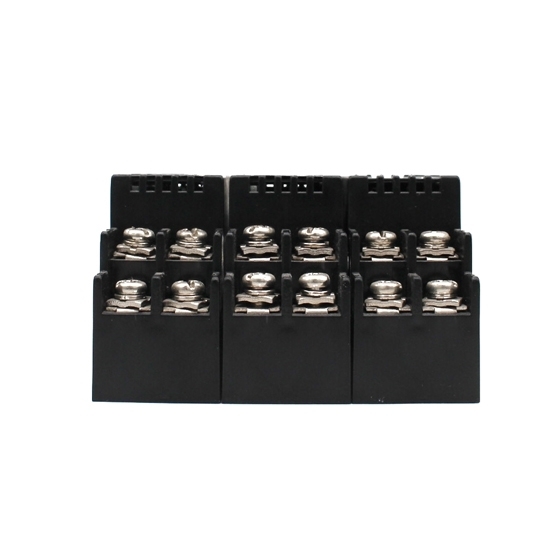
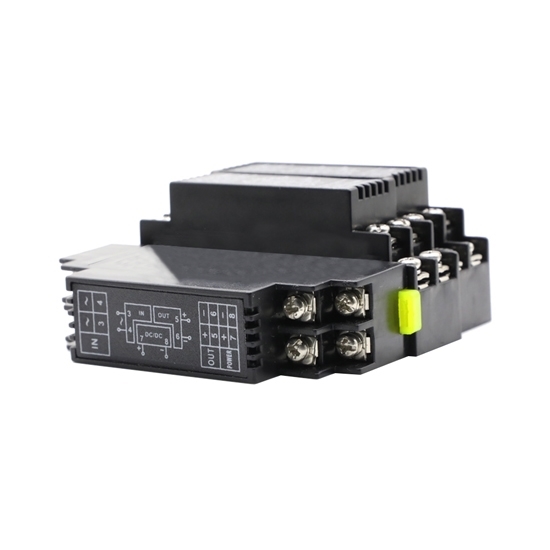
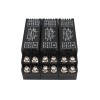
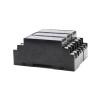
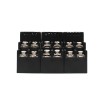
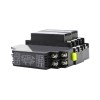
Signal Isolator, Pulse Frequency 0-5V/0-10V/4-20ma/0-20ma
from
$99.54
Ex Tax: $99.54
- Stock: In Stock
- Model: RDDLZ-SIGNI-WS1528
- Weight: 1.00
- SKU: RDDLZ-SIGNI-WS1528
Available Options
Create unlimited custom product blocks and display them in accordions or tabs or open blocks. Each block can be assigned to all products at once or specific products according to advanced criteria.
Create unlimited custom product blocks and display them in accordions or tabs or open blocks. Each block can be assigned to all products at once or specific products according to advanced criteria.
With robust dielectric strength, electrical insulation resistance, and an operating temperature range of -20℃ to +55℃, it proves ideal for various industrial applications, examples include power, communications, instrumentation, automated production lines, sensors and control systems, etc.
Feature
- Isolates and converts industrial field frequency signals into standard signals such as 4-20mA and 0-5V.
- DIN rail freestanding mounting method.
Specification
| Model | RDDLZ-WS1528 |
| Input Side | |
| Signal Type | Pulse square wave or sine wave |
| Frequency Range | 0.1Hz-100KHz (signals below 0.1Hz are treated as 0Hz cut) |
| Pulse Width | ≥10us |
| Power Level (elec.) | VL≤1V;4V≤VH≤12V |
| Output Side | |
| Output Signal | 4-20mA/0-20mA/0-5V/0-10V |
| Output Load Resistance | RL≤500Q(when output is current signal) |
| RL≥10KQ (when output is voltage signal) | |
| Basic Parameters | |
| Power Supply | DC24V,±10% |
| Current Consumption | ≤50mA (one in one out, 24V power supply, 20mA output) |
| Basic Accuracy | 0.1%F.S. |
| Temperature Drift | 0.005%F.S./℃ (-20℃~+55℃) |
| Response Time | ≤1S(0-90%)(TYP) |
| Dielectric Strength | 1500V AC/1min (between input, output, power supply) |
| Electrical Insulation Resistance | ≥100MQ (between inputs, outputs, power supply) |
| Operating Temperature Range | -20~+55℃ |
| Applicable Field Equipment | Frequency signal source |
Wiring Diagram
Dimension (Unit:mm)
Tips: What is the Purpose of the Isolation Feature in Frequency Signal Isolator?
- Electrical Safety: One of the primary purposes of isolation is to enhance electrical safety. Isolation prevents direct electrical contact between the input and output sides of the Signal Isolator, minimizing the risk of electric shock and ensuring the safety of both equipment and personnel.
- Ground Loop Prevention: Isolation helps to eliminate or minimize ground loops, which occur when there are multiple paths for current flow in a system. Ground loops can introduce unwanted electrical noise and interfere with the accuracy of signals. Isolation breaks the electrical continuity, preventing the formation of ground loops and maintaining signal integrity.
- Noise Immunity: Electronic systems are susceptible to various forms of electrical noise, such as electromagnetic interference (EMI) and radio-frequency interference (RFI). Isolation acts as a barrier against these external interferences, ensuring that the output signal remains unaffected by noise present in the input environment. This is particularly important in industrial settings where equipment and systems may be exposed to harsh electrical conditions.
- Signal Integrity: Isolation protects the integrity of the input signal during transmission. By preventing unwanted coupling between the input and output, the Signal Isolator ensures that the output faithfully represents the characteristics of the input signal without distortion or degradation.
- Interference Between Systems: In situations where different components or systems operate at different electrical potentials, isolation prevents interference between them. This is especially critical in mixed-voltage environments where components with varying voltage references need to interact without causing damage or signal corruption.
- Compliance with Standards: Isolation is often a requirement in various industry standards and regulations, especially in applications where safety and reliability are paramount. The inclusion of isolation in a Signal Isolator helps the device meet these standards and ensures its suitability for use in diverse applications.
Builder in Product TAB
NEW! Since Journal 3.2, the much improved T.A.B (Tabs Accordion Blocks) system supports the page builder inside the tab content. Unlimited Blocks, Tabs or Accordions with any HTML content or the builder interface (supporting custom rows/columns/modules) can be assigned to any individual product or to certain groups of products, like entire categories, brands, products with specific options, attributes, price range, etc.
You can indicate any criteria via the advanced product assignment mechanism and only those products matching your criteria will display the modules.
Also, any module can be selectively activated per device (desktop/tablet/phone), customer login status and other criteria. Imagine the possibilities.
